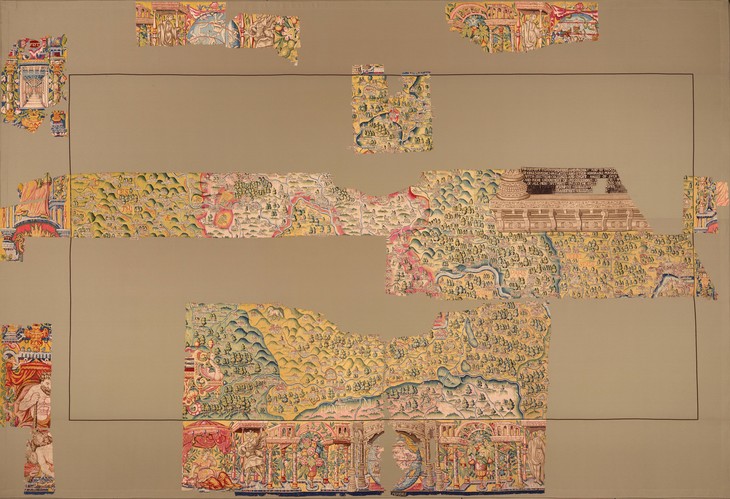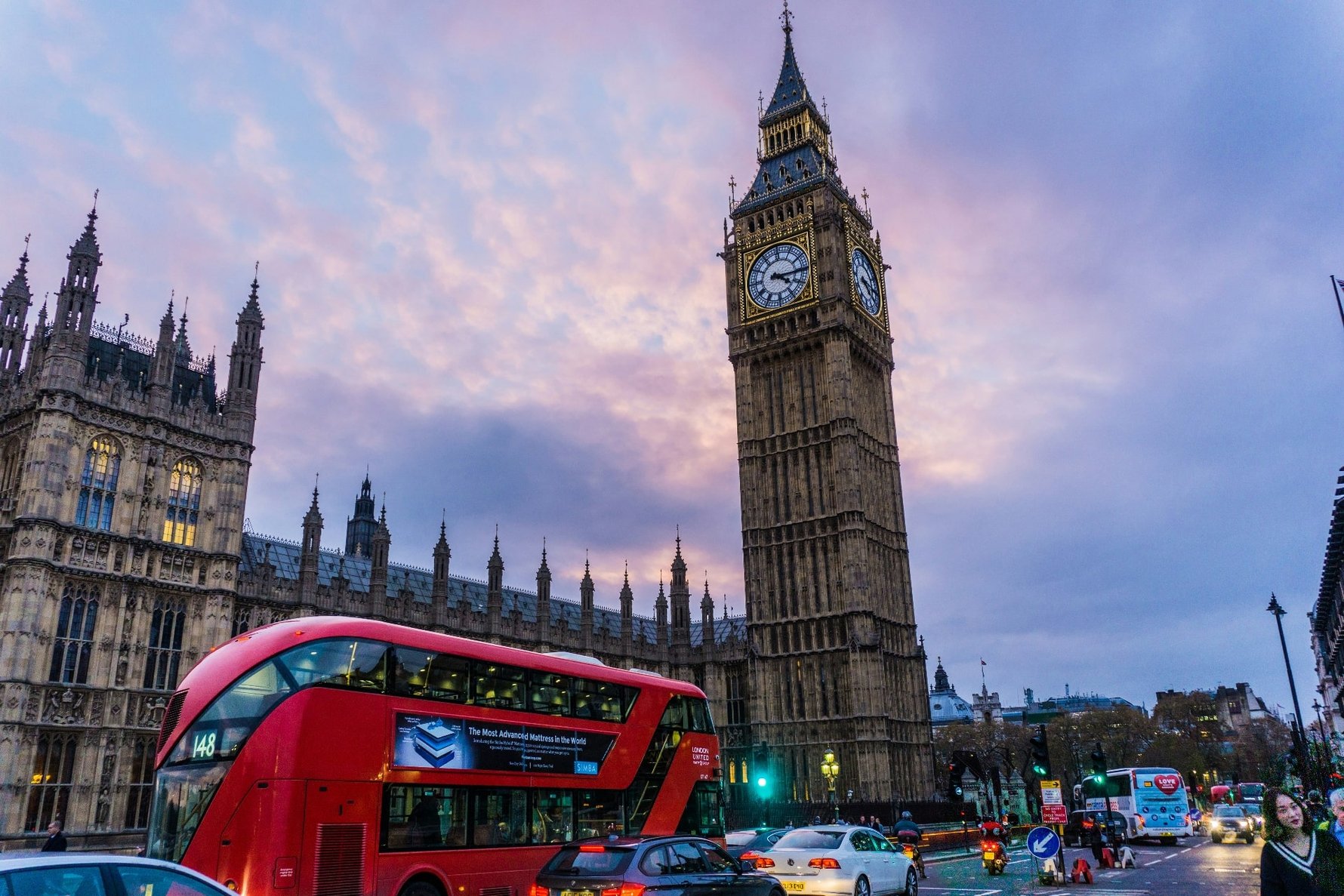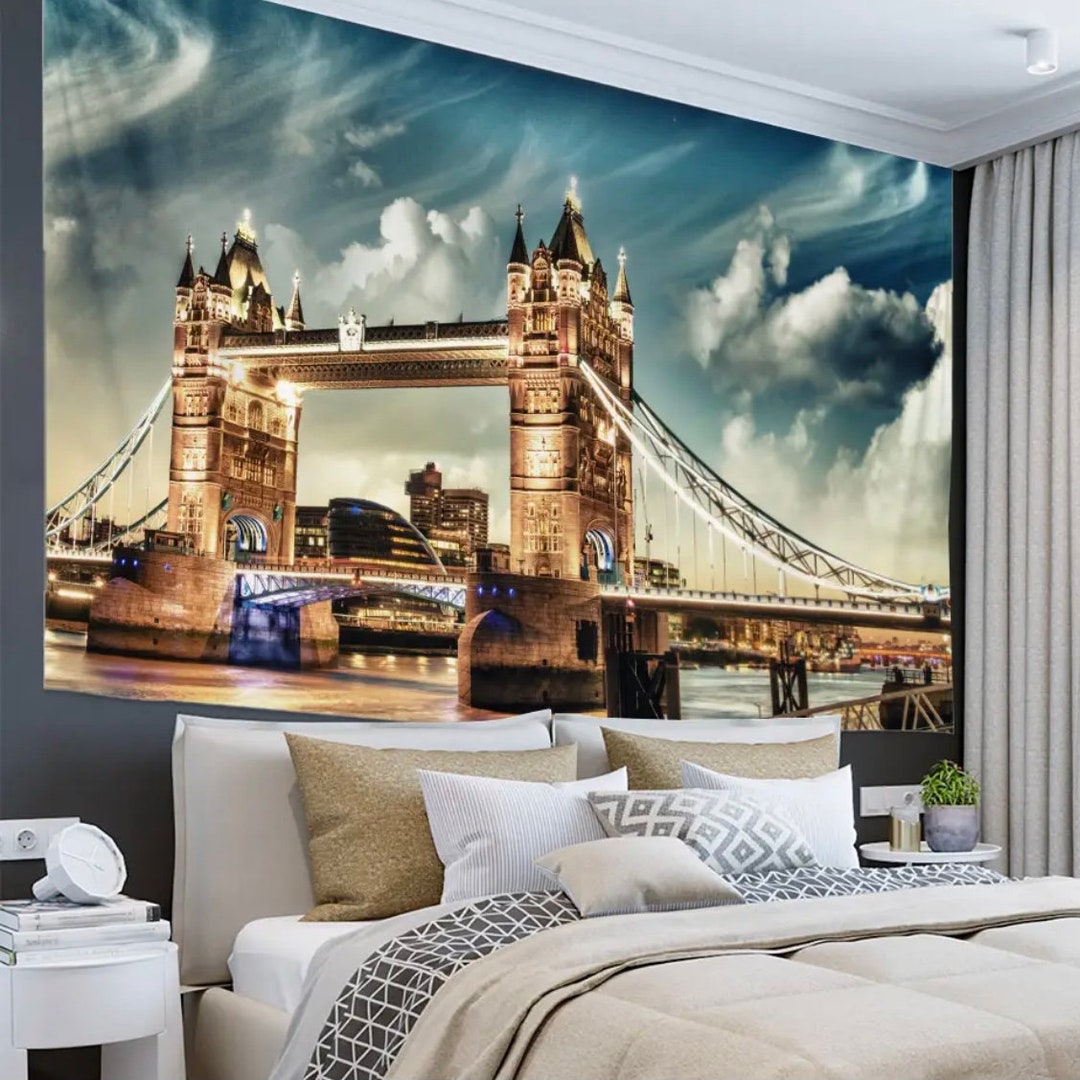Navigating the Tapestry of London: A Comprehensive Guide to its Diverse Areas
Related Articles: Navigating the Tapestry of London: A Comprehensive Guide to its Diverse Areas
Introduction
In this auspicious occasion, we are delighted to delve into the intriguing topic related to Navigating the Tapestry of London: A Comprehensive Guide to its Diverse Areas. Let’s weave interesting information and offer fresh perspectives to the readers.
Table of Content
Navigating the Tapestry of London: A Comprehensive Guide to its Diverse Areas

London, a city teeming with history, culture, and vibrant life, presents a captivating tapestry of diverse neighborhoods, each with its unique character and allure. Understanding the layout of London’s areas is key to unlocking the city’s secrets and maximizing the potential of a visit or a longer stay. This guide delves into the intricate map of London, offering insights into its distinct areas and their defining characteristics.
Central London: The Heart of the City
Central London, often referred to as "Zone 1," is the epicenter of the city’s activity. It encompasses iconic landmarks like Buckingham Palace, Big Ben, and the Houses of Parliament, attracting millions of tourists annually. This area is a bustling hub of commerce, finance, and entertainment, hosting world-renowned museums, theaters, and shopping districts.
West End: Theatreland and Luxury Shopping
The West End, nestled within Central London, is synonymous with entertainment and luxury. It is home to the world’s most famous theater district, boasting over 40 theaters showcasing a diverse range of performances. The area also houses prestigious department stores, designer boutiques, and upscale restaurants, making it a haven for shoppers and theater enthusiasts.
Mayfair and Belgravia: Opulence and Elegance
These affluent neighborhoods, located west of Hyde Park, exude an air of sophistication and exclusivity. Mayfair is known for its high-end boutiques, art galleries, and five-star hotels, while Belgravia offers a more residential feel with elegant townhouses and manicured gardens.
Knightsbridge: Luxury Shopping and Museums
Knightsbridge, adjacent to Hyde Park, is a shopper’s paradise. It boasts luxury department stores like Harrods and Harvey Nichols, alongside high-end boutiques and designer showrooms. The neighborhood also houses the Victoria and Albert Museum, a renowned museum of art and design.
South Kensington: Museums and Cultural Hub
South Kensington, situated south of Hyde Park, is a cultural hub with a concentration of world-class museums. The Natural History Museum, the Science Museum, and the Victoria and Albert Museum are all located in this area, attracting visitors from around the globe.
Chelsea: Bohemian Charm and Riverfront Views
Chelsea, located south of the Thames, is known for its bohemian charm and riverside views. The neighborhood is home to chic boutiques, art galleries, and trendy restaurants, alongside historic pubs and charming streets.
The City: Financial Powerhouse
The City, also known as "the Square Mile," is the historic financial heart of London. It boasts imposing skyscrapers, bustling stock exchanges, and a rich history dating back to Roman times. While primarily a business district, the City also offers cultural attractions like St. Paul’s Cathedral and the Tower of London.
Shoreditch: Creative Hub and Street Art
Shoreditch, located in East London, is a vibrant and eclectic neighborhood known for its creative energy and street art. It is home to independent boutiques, galleries, and trendy bars, attracting a young and artistic crowd.
Hackney: Hipster Haven and Green Spaces
Hackney, located north of Shoreditch, is a trendy and diverse neighborhood with a strong independent scene. It boasts a vibrant nightlife, street food markets, and green spaces like Victoria Park, attracting a young and creative crowd.
Camden Town: Alternative Culture and Markets
Camden Town, located north of central London, is known for its alternative culture, street markets, and vibrant nightlife. The area boasts a diverse range of shops, restaurants, and music venues, attracting a bohemian and eclectic crowd.
Islington: Chic Restaurants and Historic Charm
Islington, located north of central London, is a charming and sophisticated neighborhood with a mix of Victorian architecture and modern amenities. It is known for its chic restaurants, independent shops, and bustling markets.
Richmond: Picturesque Town and Royal Park
Richmond, located southwest of central London, is a picturesque town with a rich history and stunning natural beauty. It boasts Richmond Park, a vast royal park with deer, ancient trees, and stunning views of the Thames.
Greenwich: Maritime History and Royal Observatory
Greenwich, located southeast of central London, is a historic area with a rich maritime heritage. It is home to the Royal Observatory, the National Maritime Museum, and the Cutty Sark, a famous clipper ship.
FAQs About Areas of London
1. What are the most expensive areas of London?
Mayfair, Belgravia, and Knightsbridge are known for their high property prices and affluent residents.
2. Which areas are best for families?
Richmond, Islington, and Greenwich offer a good balance of family-friendly amenities, green spaces, and good schools.
3. What areas are best for nightlife?
Shoreditch, Hackney, and Camden Town are known for their vibrant nightlife with numerous bars, clubs, and music venues.
4. Which areas are best for shopping?
The West End, Knightsbridge, and Chelsea offer a wide range of shopping options, from high-end boutiques to independent shops.
5. Which areas are best for museums and cultural attractions?
Central London, South Kensington, and Greenwich are home to numerous museums and cultural landmarks.
Tips for Navigating London’s Areas
- Utilize public transportation: London’s extensive public transportation system, including the Underground, buses, and overground trains, is the most efficient way to navigate the city.
- Plan your itinerary: London’s vastness necessitates planning to maximize your time and avoid feeling overwhelmed.
- Consider the time of year: London’s weather varies significantly throughout the year, impacting outdoor activities and events.
- Embrace the diversity: London’s diverse neighborhoods offer a unique opportunity to experience different cultures and lifestyles.
- Engage with locals: Talking to locals can provide valuable insights into hidden gems and off-the-beaten-path experiences.
Conclusion
Understanding the diverse areas of London is key to unlocking the city’s unique charm and maximizing the potential of a visit or a longer stay. From the bustling heart of Central London to the trendy streets of Shoreditch, each neighborhood offers a distinct character and allure. By navigating the city’s intricate map, visitors can discover the hidden gems, vibrant cultural scenes, and historical treasures that make London a truly captivating destination.


![]()





Closure
Thus, we hope this article has provided valuable insights into Navigating the Tapestry of London: A Comprehensive Guide to its Diverse Areas. We hope you find this article informative and beneficial. See you in our next article!